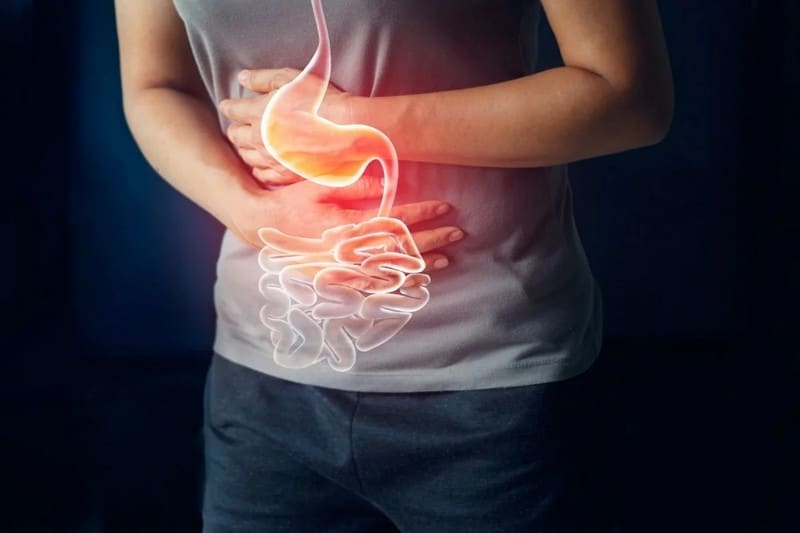Gastrointestinal Problems

Another symptom of folic acid deficiency is the wide range of gastrointestinal problems a person can acquire. Although folic acid is essential for red blood cell production and healthy cell growth, it is also needed to form digestive acids. Health experts also say that folic acid directly impacts appetite and gastrointestinal health.
Folic acid supplementation is one of the treatment options that doctors recommend for people who have appetite loss. However, researchers still cannot accurately tell why folic acid supplementation helps in increasing appetite. While folate does increase appetite, it doesn’t lead to weight gain in normal cases.
Folic acid deficiency may also cause indigestion, stomach pain, and diarrhea. Doctors say that since the gastrointestinal tract also needs enough oxygen and cellular nutrients to function properly, a person who doesn’t have enough folic acid will deprive their body of necessary nutrients that can ensure gastrointestinal health. When the stomach and the intestines become inflamed and irritated, it results in loose bowel movement, depriving the body of necessary nutrients. In addition, when the organs don’t receive enough oxygen, they don’t function properly and, as a result, will signal the brain that they’re in distress, leading to pain receptors activating and the person registering discomfort.










